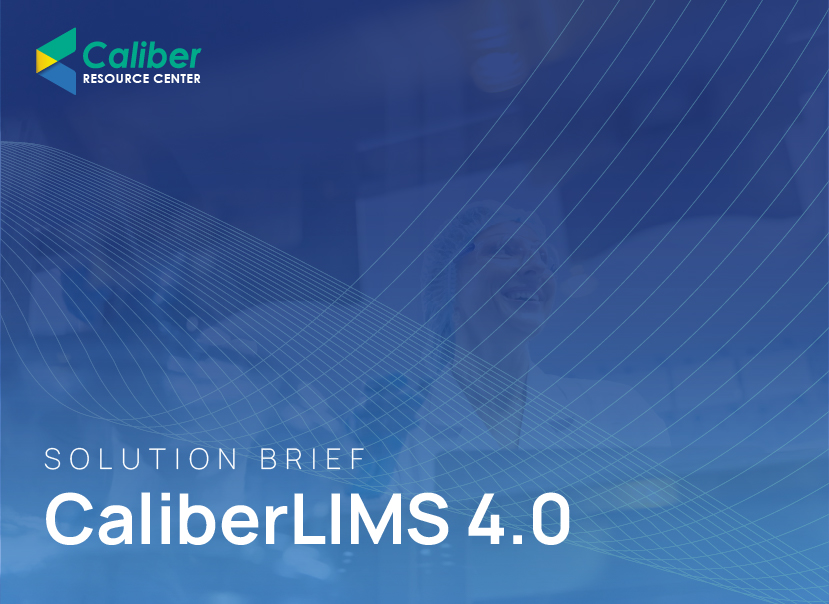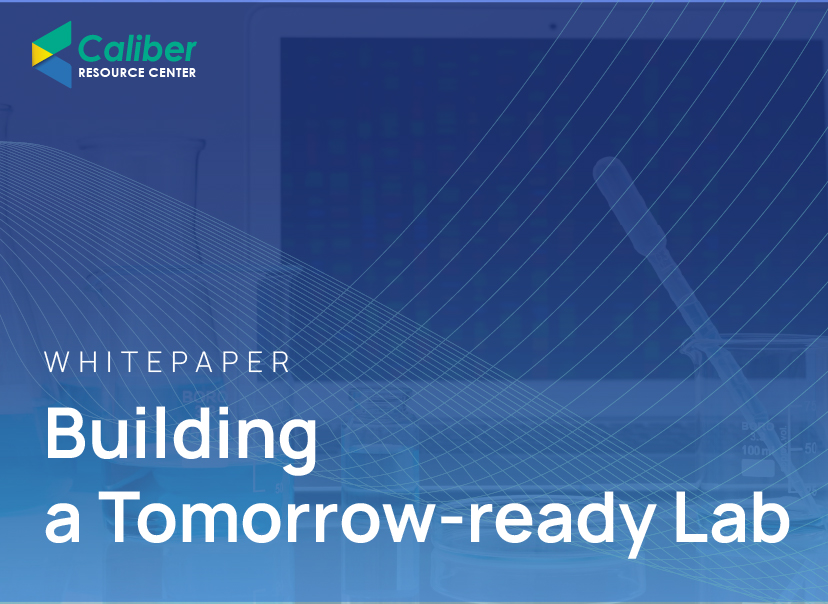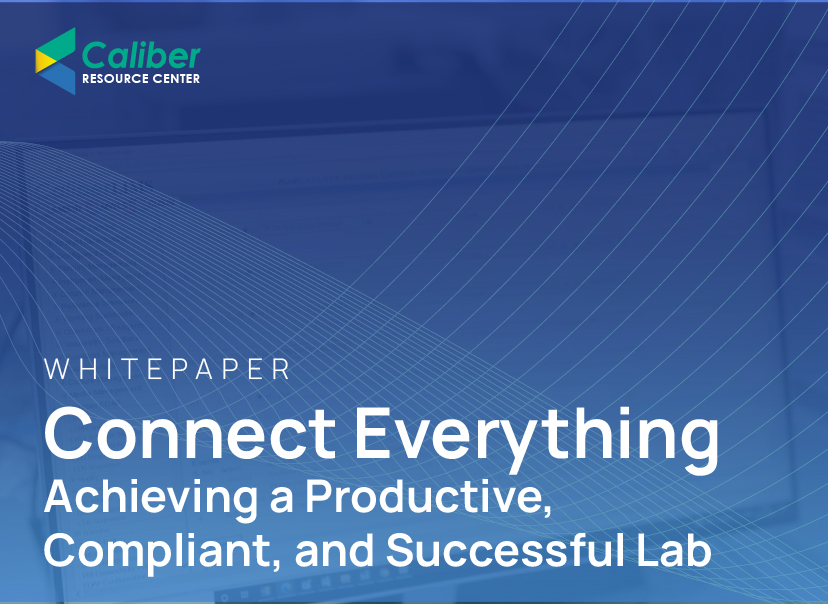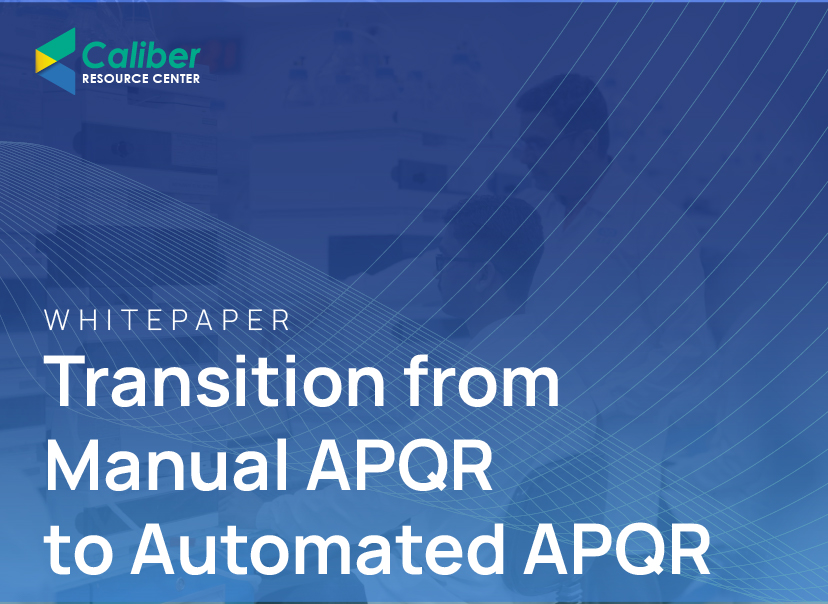The Better Choice for Manufacturing Digitalization
An MES consultant’s expertise is required to understand batch records and handle discrepancies. In order to configure and manage the MES framework efficiently, an MES consultant must be brought in, which results in a greater dependency on an external resource. Furthermore, MES and shop floor personnel have different levels of knowledge and expertise which hinders digitalization with MES.
Moreover, to implement an MES, companies need to ensure that the equipment is compatible with suitable communication hardware. As a result, digitalization is a lengthy and complex process, especially for companies that are reluctant to implement electronic systems.
For any manufacturer, digitizing manufacturing processes increases efficiency and productivity. Easy compliance and audit readiness are added benefits for highly regulated industries. Manufacturers began to use the Manufacturing Execution System (MES) in the early 1990s as a tool to control, monitor, and plan their production stages and processes in real time. For current and future needs in drug manufacturing, MES is not the best choice.
Challenges with a Traditional MES
Drug manufacturers today face unprecedented challenges due to increased regulatory compliance, shorter market turn-around times, and smaller batch sizes due to drug segmentation. For pharmaceutical manufacturers, recent healthcare trends have added new layers of complexity to an already complex environment. Innovative, scalable solutions are needed to address these new challenges beyond traditional MES systems.

Categories
- Building a tomorrow ready lab
- Pharma Playbook for the Next Normal
- Connect Everything Achieving a Productive, Compliant, and Successful Lab
- Transition from Manual APQR to Automated APQR Whitepaper
- Caliber Epiq – Solution Brief
- Annual PQR A Thing of The Past
- The Better Choice for Manufacturing Digitalization
Have queries?
Contact our expert team or reach out to our Sales Representatives to have your queries answered.








